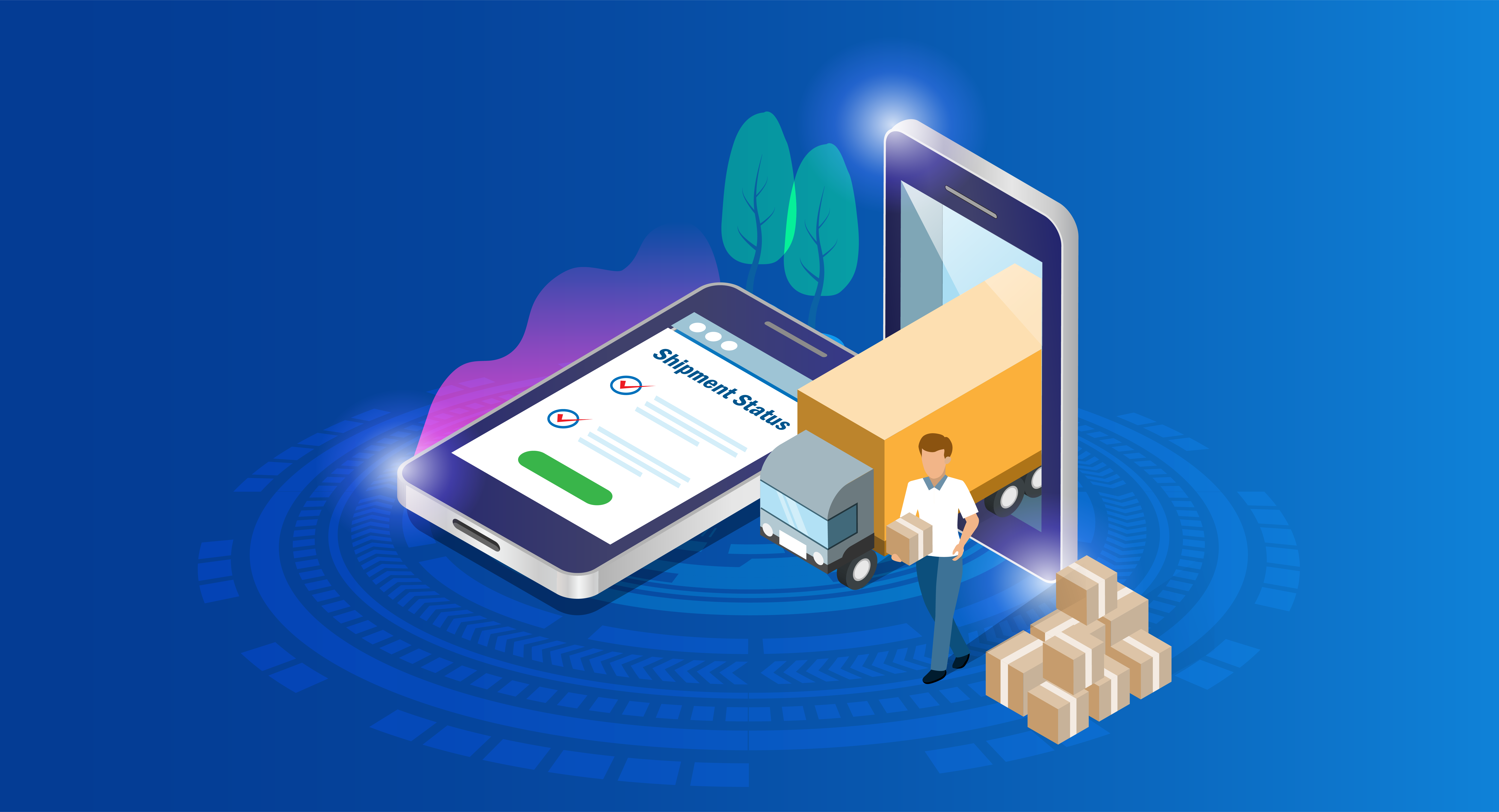Introduction
Whether you want to improve your supply chain management or ensure timely deliveries, robust logistics management software is essential for your business. From eCommerce companies to courier and delivery service providers, this software helps streamline operations and reduce costs. In this post, we’ll explore the key features, benefits, and future trends in logistics management software.
But first, let’s understand what logistics management entails and why it’s so crucial.
What is Logistics Management?
Logistics management involves planning and executing the movement of goods to customers. As a core part of the supply chain, logistics management includes transportation, fleet management, inventory tracking, and warehouse management. In simple terms, it’s the process that ensures goods reach the end user efficiently.
Advancements in technology have transformed this process. Logistics management software integrates features like data analytics, AI, and IoT to make it smarter and more efficient. It allows businesses to manage everything from raw material delivery to final product shipment with reduced operational costs.
Global logistics software market is projected to grow at a CAGR of 9.36% from 2021 to 2031, showing how important this tool has become globally.
Top 9 Key Features of Logistics Management Software
1. Order Management
This feature handles online orders from the moment they’re placed to delivery, streamlining processes like scheduling and billing. With automated scheduling and real-time updates, order management becomes seamless and efficient.
2. Inventory Management
Logistics software offers real-time monitoring and management of stock levels. This automation reduces errors and enables timely order fulfillment, saving both time and money.
3. Demand Forecasting
Powered by AI and ML, this feature predicts demand, enabling businesses to manage inventory better and avoid stockouts or overstocking.
4. Supply Chain Management
Handling everything from raw materials to product shipment, this feature improves profitability by optimizing production and delivery processes.
Check out an article on SaaS in Supply Chain Management: Streamline Your Operations.
5. Warehouse Management
With IoT-enabled tools, this feature helps monitor products in the warehouse in real-time, ensuring optimal storage conditions and reducing human errors.
6. Transportation Management
This assists in planning, managing, and optimizing delivery routes, reducing transportation costs while ensuring on-time deliveries.
7. Real-Time Visibility
Managers and customers can track orders at every stage of the process, ensuring transparency and helping businesses make informed decisions.
8. Customer Relationship Management (CRM)
This feature helps manage customer data, order history, and payment records, enhancing customer service and ensuring smoother processes.
9. Vendor Management System
Shipping companies can easily access supplier records, maintaining strong relationships and ensuring timely supply chain processes.
Business Benefits of Logistics Management Software
1. Quicker Order Delivery
Logistics management software helps expedite deliveries, resolving issues that may delay the process.
2. Reduced Human Errors
By automating complex processes, the software reduces the risk of human error, saving time and money.
3. Cost-Effective Transportation
Fleet and route optimization ensures efficient and cost-effective transportation.
4. Process Automation
Automation helps reduce paperwork and manual processes, making logistics more efficient.
5. Better Customer Support
Features like automated notifications and chatbots improve customer service and satisfaction.
6. Lower Operational Costs
By optimizing routes and automating tasks, businesses can significantly reduce operational costs.
How to Choose the Right Logistics Management Software
Selecting the right logistics software is key to leveraging technology trends like AI and IoT. Here’s what you should consider:
- Identify necessary features like real-time shipment tracking, document management, and reporting tools.
- Assess the cost-to-benefit ratio for the software.
- Ensure the software integrates seamlessly with your existing ERP and CRM systems.
Here’s an article on Outsourcing: A Key to Business Growth, check it out!
Future Trends in Logistics Management
Emerging technologies like AI, IoT, and blockchain are shaping the future of logistics. AI enhances predictive analytics, IoT enables real-time shipment tracking, and blockchain provides transparency in the supply chain. Green logistics is also gaining traction as companies strive to reduce their carbon footprint and adopt sustainable practices.
Conclusion
Logistics management is a complex but essential part of any customer-focused business. A robust logistics management software not only streamlines operations but also improves customer satisfaction, reduces costs, and increases profitability.
Boost Your Business with Custom Logistics Management Software
Are you ready to take your logistics operations to the next level? Our tailored logistics management software solutions are designed to help B2B companies like yours improve efficiency, reduce costs, and enhance customer satisfaction. Check out our team of experts.
At Asterdio, we specialize in creating customized logistics solutions that integrate the latest technologies such as AI, IoT, and blockchain. Whether you’re in eCommerce, shipping, or delivery, our software can transform your operations.
Contact us today to discuss how we can develop the perfect logistics management system for your business and help you stay ahead of the competition!



